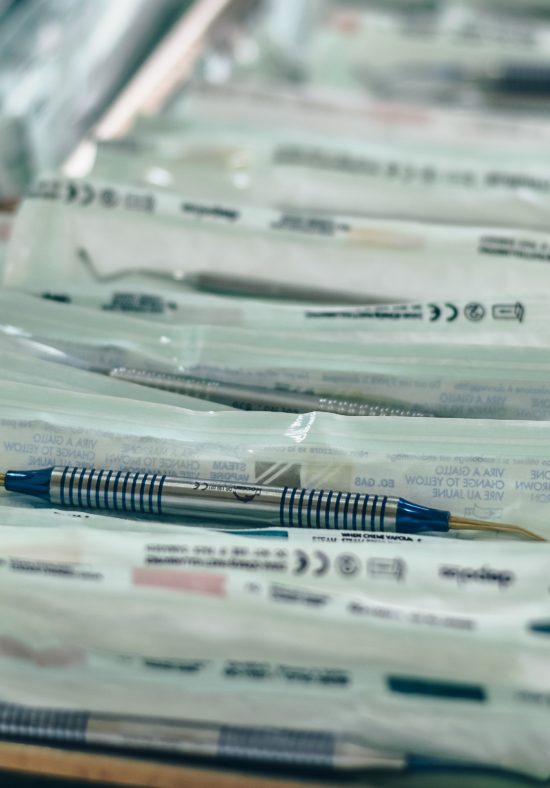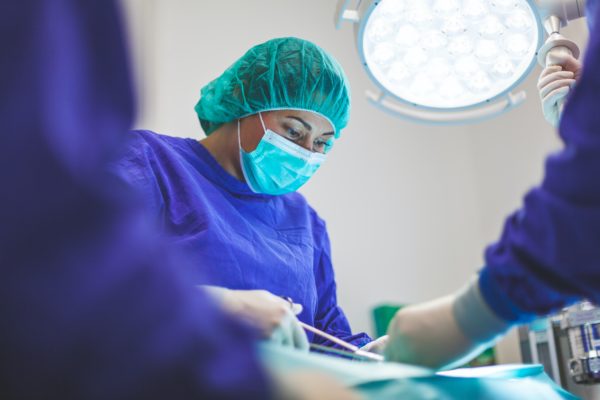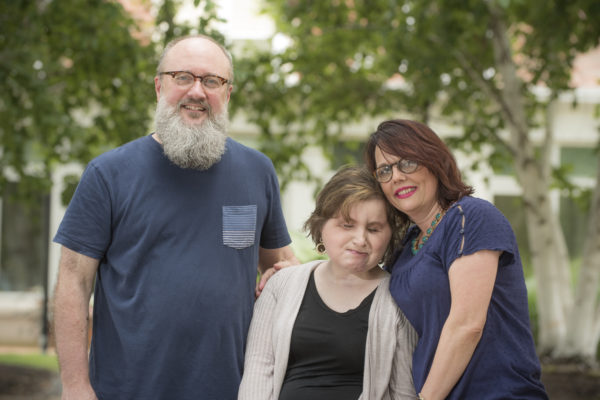As the history of medicine shows, any form of innovative surgery raises questions about ethics, definitions of need, patient wellbeing and sustainability. Unlike other forms of surgery, however, face transplants draw attention to the meanings of personal and social identity, as the face is the organ most associated with emotions and the self in psychology, communication, culture and law.
Exploring the international history of face transplants, AboutFace considers these emotional as well as physical aspects, including how attitudes to face transplants compare to other emotional forms of transplantation, like hearts and hands. Through wide-ranging investigations with clinical teams, patients, and other researchers in the sciences, social sciences, and humanities, this project asks such questions as:
- What are the geographical, political and economic factors that determine whether innovative surgery like face transplants take place?
- How are face transplants perceived by the organisations and individuals who perform (or may perform) them, and by recipients (and potential recipients) and their families?
- How do cultural, social and national differences (including ethnicity, race and gender) affect the incidence and perceptions of face transplants?
- How can history help us understand the impact of facial difference, surgery and transplantation in the present?
We seek answers in detailed historical analysis and oral interviews, using a mixed methods approach and the approaches of cultural and emotional history to examine how face transplants are talked about, conceived, and depicted, in language and visual culture. Our findings will be shared here, and in books, articles, artworks, public engagement events, videos and podcasts. For more information see the Resources section.

Extended Surgical Teams
Face transplants have taken place in many countries around the world including the USA, Spain, Poland and Finland. We work with extended surgical teams (surgeons, nurses, prosthetists, physiotherapists, psychologists) in the UK and overseas, according to ethical approvals granted by the University of York Research Ethics Committee and the NHS Health Research Authority (HRA)

Patients and Families
The experiences of potential and actual face transplant patients are central to AboutFace research. We work with people undergoing a wide range of facial surgery, as well as their families. And we work with NHS Blood and Transplant to understand the ways face transplants are conceived from a donor perspective.

Institutions, Organisations and Policy Makers
While AboutFace is an independent research project, we work with diverse groups with different roles, priorities and agendas, ranging from advocacy organisations to healthcare institutions and regulatory bodies.

Media and Representation
From the 1920s to the present, face transplants have been imagined and discussed in films, art and literature well as news media. These representations influence the language and imagery associated with face transplants, helping to influence and reflect cultural attitudes and medical policy.

